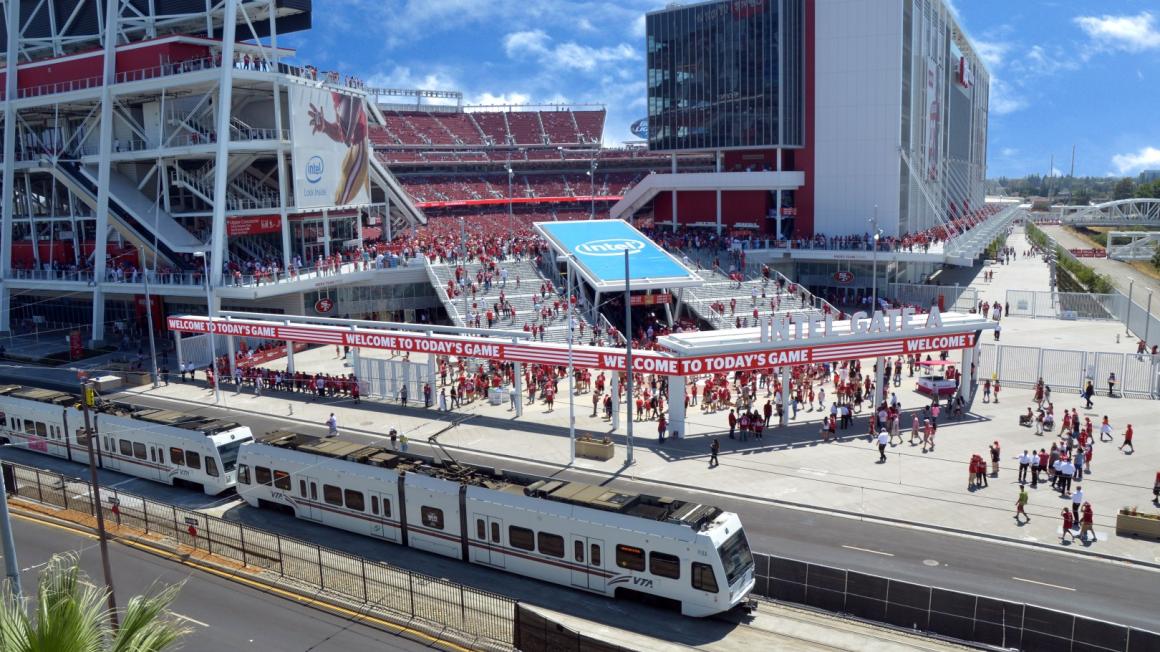 Could cheaper fares fill these seats? Flickr photo: 24thcentury
Could cheaper fares fill these seats? Flickr photo: 24thcenturyThe new head of the New York Metropolitan Transportation Authority, Jay Walder, is considering a novel approach to attracting more transit riders: lowering fares during off-peak hours. In an interview with the New York Times he outlined his ambition to get more out of a system designed for peak capacity, even late at nights and on weekends.
"We might imagine that we offer discounts at later times, or we offer weekend discounts," Mr. Walder said in an interview on Wednesday. "Time-of-day pricing might be very attractive."
The goal would be to encourage use of buses and subways during traditionally quieter hours. And it would bring New York's subway system in line with local commuter rails, which charge a range of fares.
"We have an infrastructure that is set for the capacity of the peak," Mr. Walder said. "What we really want to do is use that infrastructure all the time."
The chairman ruled out charging higher prices for longer trips, a system used in cities like Washington and London, saying such a move in New York "would be a mistake."
That approach to encouraging off-peak ridership would be a marked departure from BART's proposed solution to peak-hour overcrowding a year ago. BART would have raised peak fares, in an attempt to more-evenly distribute ridership. Overcrowding has eased somewhat since the economic collapse, making the proposal more or less moot for now. But when riders do return en mass, BART director and Livable City Executive Director Tom Radulovich thinks an incentive to off-peak riding, instead of a disincentive to peak riding, might make sense.
"The staff [at BART] have been really conservative. They always think if you lower the price, you'll make less money," Radulovich said in an interview with KCBS radio. "But I think, as we're seeing in this economy, people are looking for value. Sometimes, if you lower the price in such a way that you got a lot more people to ride, then we'd come out ahead." He's asked BART staff to look into the possibility of charging less at off-peak hours.
 While some Muni vehicles experience light loads in the evening, others remain packed. Flickr photo: juicyrai
While some Muni vehicles experience light loads in the evening, others remain packed. Flickr photo: juicyraiMTA spokesperson Judson True said Muni has looked at experimenting with fare structures, but it's not currently a priority. "There was some discussion of this in the TEP, but I do not believe that is something on the table at this time," said True. "But it is, always, one of the fare ideas in the mix."
Reducing off-peak Muni fares could be an especially equitable solution, since transit-dependent riders are more likely to ride during off-peak hours, according to a 2007 Metropolitan Transportation Commission memo [PDF] to the MTC's Minority Citizens Advisory Council. Non-peak transit users tend to be more price sensitive.
Time-of-day pricing is already used in many transit agencies, but discounting off-peak fares without raising peak fares at the same time is less familiar territory. If the economics work out, which is still far from a given, the issue of conveying a time-of-day-based fare schedule to riders would still remain. With the NYC MTA's Walder gung-ho on the concept, though, Muni might get a chance to see how making such a change works out before trying anything in San Francisco.





